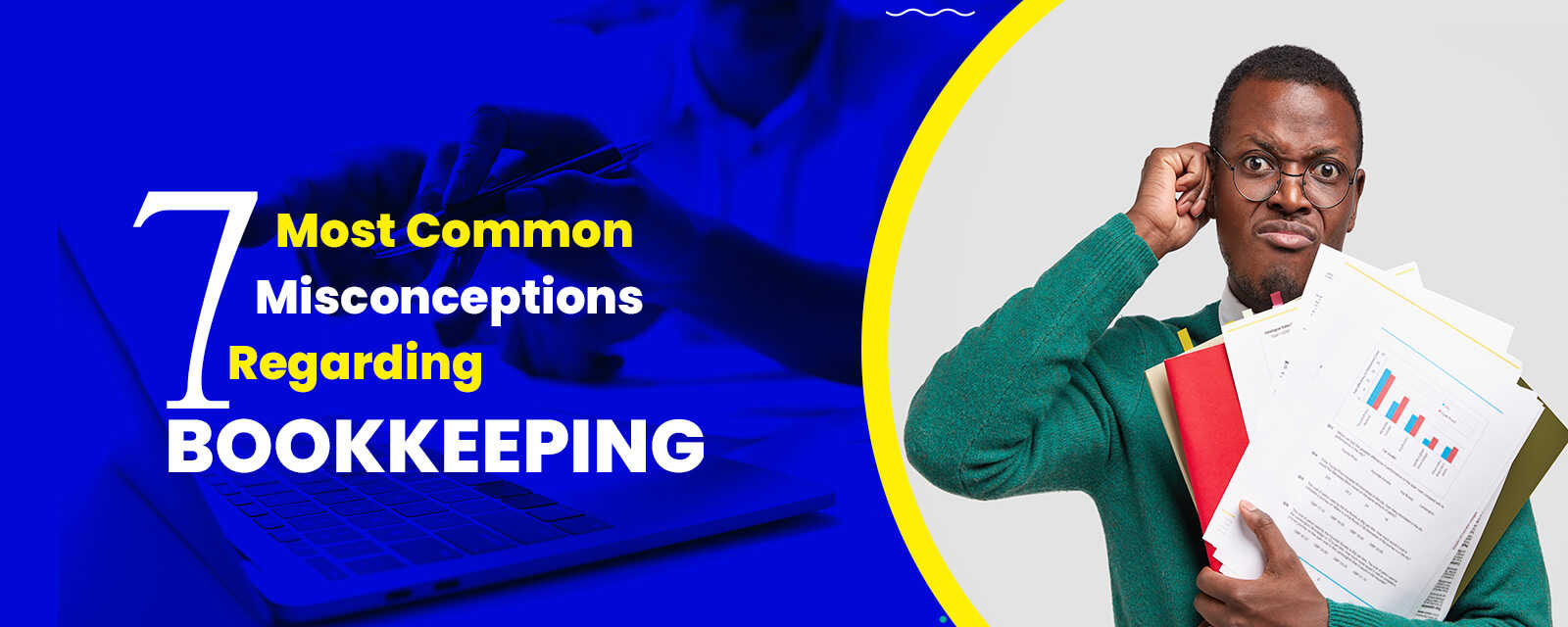beginners-guide
Easy Tips to Calculate Home Office Deduction
23/08/2021 11:02 AM

Tax deductions are your best friend as a business owner. They assist in lowering your taxable income, hence lowering your tax burden. Qualified business costs might provide a significant tax benefit. Office supplies, marketing expenses, and even office rent may be tax-deductible. The home office deduction is a popular tax deduction for independent contractors.
Tax deductions are your best friend as a business owner. They assist in lowering your taxable income, hence lowering your tax burden. Qualified business costs might provide a significant tax benefit. Office supplies, marketing expenses, and even office rent may be tax-deductible. The home office deduction is a popular tax deduction for independent contractors.
The number of people working from home surged dramatically at the beginning of the pandemic, but not all of them will qualify for the home office deduction.
Small-business owners and entrepreneurs who work from home could save a lot of money on their taxes if they follow the IRS's criteria and keep proper records.
If you utilize a portion of your house for business purposes on a regular and exclusive basis, the IRS allows you to deduct associated rent, utilities, real estate taxes, repairs, maintenance, and other relevant expenses.
Here's what you should know about the home office deduction if you own a small business.
What is The Home Office Deduction and Who Is Eligible for It?
The home office deduction is a tax deduction available to you if you operate a business and use a portion of your home for commercial purposes. Your home could be a house, an apartment, a condo, or another type of property. An unattached garage, studio, barn, or greenhouse can also be included. Renters and homeowners can both take advantage of the deduction.
You must be a partner or self-employed, such as a rideshare driver, to qualify for the deduction. However, if you work for an employer, you can no longer claim the deduction because the Tax Cuts and Jobs Act of 2017, issued during the Trump administration, banned the deduction for the years 2018 through 2025. Anyone who receives a W-2 or a regular paycheck from their employer falls into this category. You may also be eligible if you have a side job and work for an employer.
What Are the Conditions for Taking the Home Office Deduction on Your Tax Return?
To claim the deduction, the IRS has two main requirements.
You must dedicate a section of your home to your business regularly. While the IRS does not require you to have a precise technique to show your home office, you should keep documentation to establish your deduction. Canceled checks, receipts, and other papers that prove your home office and any expenses paid, such as mortgage interest, cable, utilities, and other eligible expenses, may be included (but are not limited to).
In addition, your home must be your primary place of business. It would qualify as your principal place of business even if you simply used your home office for administrative work regularly and did not have another location to accomplish these duties (there are some other exceptions).
For example, if you are a rideshare driver who does not have a work office and uses your home office to order supplies, create reports, and perform other administrative activities, you would be eligible for the home office deduction.
Can You Deduct Home Office Expenses for Business?
Your home office does not have to be a separate room, but the IRS requires that it be a distinct area that is used solely for your home office. For example, if you are an accountant and use your den to compile financial statements for clients while your children play in the room, you cannot claim the home office deduction.
In some cases, you do not need to meet the exclusive usage criteria. For example, if you utilize a portion of your home to store inventory or product samples, or if you use it as a daycare facility, you are exempt from this need.
How to Calculate Home Office Deduction
There are two ways to claim the deduction. The simplified method is easier, but it may result in a lesser tax break. The standard method needs more complex computations and recordkeeping, but it may result in a greater deduction. "To maximize the home office expense, they should calculate the expenses under both methods each year and determine which option yields the higher expense," says Jean Wells, a certified public accountant and associate professor at the Howard University School of Business. The approach might be changed from year to year.
1 - Simplified Method
In 2013, the IRS established a simpler method for deducting home office expenditures. To calculate your deduction, multiply the total square footage of your workplace by $5. The maximum amount you can claim utilizing the simplified method is $1,500 (300 square feet), which can be deducted from your taxable income. As long as your home office qualifies, you can claim this tax credit without keeping detailed records of your spending.
"Many people are choosing this as a way to avoid the recordkeeping requirements, but it will probably come up with a lower deduction than what you would have if you went through the expenses," says Hesse.
2 - Standard Method
This method allows you to deduct your real expenses. Some of your home office expenses, such as the cost of painting or repairing that specific location, are fully deductible. You can also deduct a portion of your overall house expenses if you use a part of your home as a home office. For example, if your home office is one-tenth the size of your house, you can deduct 10% of your mortgage interest or rent, utilities (such as electric, water, and gas bills), and homeowners insurance. You can also deduct 10% of additional whole-house expenses, such as cleaning and pest control.
You can also deduct a percentage of your property taxes and house depreciation. Those computations are complex, but the instructions to IRS Form 8829 can help, according to Chris Hesse, a certified public accountant.
See IRS Publication 587 for a list of approved costs. Maintain receipts for these expenses in your tax records.
What Other Home Office Expenses Can Be Deducted?
If you're self-employed – even if you only perform freelance work – you may be eligible to deduct other expenses for setting up a home office as well. According to Wells, furniture and equipment are deducted as business costs on Schedule C.
For example, the cost of purchasing a computer (depending on the percentage of time you use it for business), printer, secure modem, office desk, and chair, filing cabinets, and even illumination for Zoom calls made for business can all be deducted as a business expense on Schedule C.
Things to be wary of
Receipts
Keep detailed records of all business expenses you expect to deduct, such as receipts for equipment purchases, energy bills, utility bills, and repairs, if you intend to deduct actual charges. If the IRS ever audits you, you'll be ready to back up your allegations.
Anxiety
Don't let the prospect of an audit prevent you from using the home office deduction.
Residence sales
If you're a homeowner who takes the home office deduction under the actual expenses approach, it may affect your ability to avoid capital gains tax when you sell your primary house. According to IRS Publication 523, people who sell their primary residence after living in it for at least two of the five years before the sale normally do not have to pay taxes on up to $250,000 in profit on the sale, or $500,000 if married filing jointly.
Depreciation
When using the actual-expenses technique, you must depreciate the value of your home. According to the IRS, depreciation is an income tax deduction that allows taxpayers to recoup the costs of property due to wear and tear deterioration, or obsolescence. When you sell your house, the depreciation you must take for home office deductions is subject to capital gains tax.
For example, if you own your home and use 20% of it as a home office while deducting depreciation, 20% of your profit on the sale of the home may be liable to capital gains tax. However, if you adopt the simpler technique, depreciation is not taken into account, and you may be exempt from the tax.
Final Word
The home office tax deduction might save you a lot of money on your taxes. If you own a small business and wish to minimize costs, start gathering receipts, utility bills, mortgage statements, or canceled rent checks early to calculate and substantiate your deduction for a home office. Reducing your company's net profit lowers not only your income tax but also your self-employment tax.
The rules for home office tax deductions might be complicated. If you're not sure which home office deduction is ideal for you, seek advice from a professional or contact us today for any suggestions or tips related to tax strategies.
Categories
Recently Posted

beginners-guide
7 Most Common Misconceptions Regarding Bookkeeping
12/10/2021 7:44 AM

beginners-guide
Top Reasons Why Accounting Marketing Fails
12/10/2021 8:35 AM

web-design
5 Reasons Why You Should Choose us to Build Your New Website
08/12/2021 12:35 PM

small-business-tips
10 Effective Ways to Promote Your Website for Free
10/02/2021 10:18 AM

small-business-tips
How Having a Bad Website Can Hurt Your Business
15/02/2021 1:27 PM
